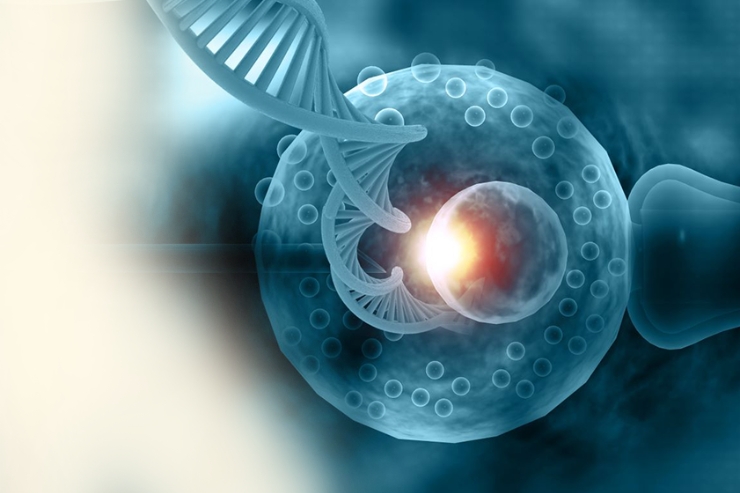
What PGS Screening Is About
Preimplantation Genetic Screening (PGS) is a laboratory technique used during IVF to examine embryos for chromosomal abnormalities before implantation. The goal is to select embryos with the correct number of chromosomes (euploid embryos) to improve the chances of a successful pregnancy. PGS is especially useful for couples undergoing IVF who want to reduce the risk of miscarriage or genetic disorders that can arise from chromosomal imbalances like Down syndrome or Turner syndrome.
Who Should Consider PGS Testing
PGS is typically recommended for women over the age of 35, those with a history of recurrent miscarriages, failed IVF attempts, or known chromosomal conditions. It may also be helpful for couples using donor eggs or sperm, or those who want to ensure the healthiest embryos are chosen for transfer. By screening embryos before transfer, PGS increases implantation rates and reduces the likelihood of multiple pregnancies or unsuccessful IVF cycles.
How PGS Is Performed Safely
PGS is conducted on embryos grown in the IVF lab to the blastocyst stage (day 5 or 6). A few cells are gently biopsied from the embryo’s outer layer (trophectoderm) and sent for genetic testing. The embryo itself is then frozen while results are awaited. Only chromosomally normal embryos are selected for transfer. The process is safe, does not harm the embryo when performed properly, and is a valuable tool in improving IVF outcomes by ensuring that only healthy embryos are implanted into the uterus.